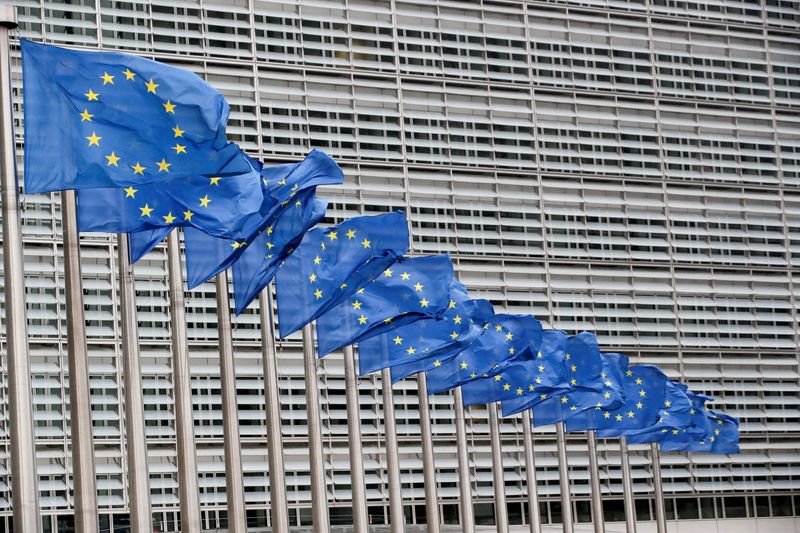By Kate Abnett
BRUSSELS (Reuters) - European Union countries agreed on Thursday to jointly quit an international energy treaty over concerns that it undermines efforts to fight climate change, officials said.
The 1998 Energy Charter Treaty, which allows energy companies to sue governments over policies that damage their investments, has in recent years been used to challenge moves that require shutting down fossil fuel plants.
Ministers from EU countries agreed to exit the treaty at a meeting in Brussels, two EU officials told Reuters.
The decision will now go to the European Parliament to seek lawmakers' consent. That is seen as highly likely because the EU assembly has previously urged it to leave the treaty.
Brussels first proposed a coordinated EU departure from the treaty in July, after member states including Denmark, France, Germany, Luxembourg, Poland, Spain and the Netherlands announced plans to quit, with most citing climate change concerns.
EU countries have so far delayed a decision on the exit as some, such as Cyprus and Hungary, were keen to stay in, while others were concerned that efforts to modernize the treaty would go to waste with their departure.
To soothe those worries, the EU proposed last week that before leaving, EU countries should allow reforms to pass.
That proposal appears to have unlocked a deal.
EU countries will approve the proposal to accept the treaty reforms in May, a source in Belgium's presidency of the EU, which will organise the talks, told Reuters.

Around 50 signatories to the treaty agreed the reforms last year, but they had little chance of coming into force without the EU's green light.
One of the key reforms is the reduction to 10 years from 20 of the period energy firms from non-EU signatories such as Japan and Turkey would enjoy protection of existing investments in the bloc.